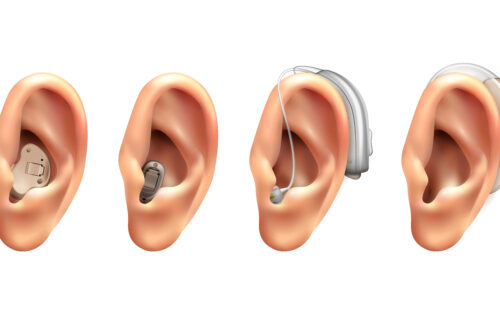-
Managing Cholesterol Levels: Heart Doctors’ Guidelines For Heart Health
Understanding Cholesterol And Its Impact On Heart Health Cholesterol is vital in the blood, but imbalances can pose serious health risks. High levels of low-density lipoprotein (LDL) cholesterol can lead to atherosclerosis, where arteries narrow due to plaque buildup, increasing the risk of heart attack and stroke. Fortunately, cholesterol can be managed with diet, lifestyle changes, and sometimes medication. Cardiologists provide guidelines for maintaining healthy cholesterol levels, but individual factors like genetics and health status play a role. It’s essential to consult with a healthcare provider for a personalized plan to reduce heart disease risk. The Role Of Diet In Managing Cholesterol Levels Diet plays a crucial role in managing…
-
Comprehensive Heart Care: What A Cardiologist Can Do For You
Are you concerned about your heart health? Whether you have a pre-existing heart condition or want to take proactive steps towards a healthier heart, a cardiologist can provide comprehensive care to address your needs. This article will explore how a cardiologist can help you maintain a healthy heart. A cardiologist is a specialist trained to handle all aspects of heart health, from diagnosing and treating heart diseases to managing risk factors and providing preventive care. They can perform various tests and procedures to assess your heart’s function, such as EKGs, echocardiograms, and stress tests. With their expertise, they can accurately diagnose conditions such as coronary artery disease, heart failure, and…
-
Cardiologist Chronicles: Breakthroughs In Heart Health Technology
The Importance Of Advancements In Cardiology In the ever-evolving field of medicine, the advancements in cardiology have been nothing short of remarkable. Heart health has long been a critical concern, with cardiovascular diseases remaining a leading cause of morbidity and mortality worldwide. However, the recent breakthroughs in heart health technology are revolutionizing how we approach cardiovascular care, offering new hope and improved patient outcomes. The importance of these advancements cannot be overstated. Cardiovascular diseases, such as heart attacks, strokes, and congestive heart failure, place a significant burden on both individuals and healthcare systems. Early detection, accurate diagnosis, and effective treatment are crucial in mitigating the devastating impact of these conditions.…








